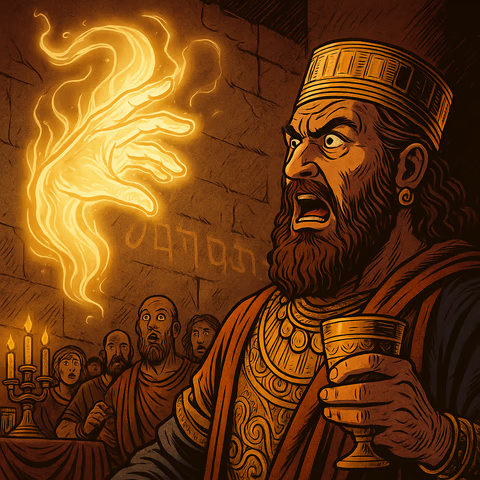
Differences in the Old Greek Version of Daniel (Chapter 5)
BelShazzar’s Feast
This chapter of the ‘Old Greek’ version of Daniel contains 31 verses. Of these, 19 have differences.
The Old Greek version is quite differently structured, with some surprising differences in the details. Most importantly, it’s more historically accurate and, in our view, an all-round better text that doesn’t really change the story.
In comparison, the Masoretic version reads as if someone has tried to pad it out, to make it more dramatic, and to turn it into a moral lesson. Closely comparing the two texts, in our view, undermines our confidence in the Masoretic Text and enhances our confidence in the Old Greek.
The writing on the wall
The most glaring difference is how the famous four words ‘mene mene tekel parsin’ is just three words in the Old Greek. Then again, the Masoretic Text never explains why mene is written twice, leaving an odd mystery… Perhaps it was originally just three words but got duplicated by a scribe at some point, with the Old Greek preserving the original three words.
Or maybe a Greek scribe missed one off!
BelShazzar’s death
Also, the Old Greek aligns more with recorded history, because it doesn’t claim that BelShazzar died that night like it does in the Masoretic Text. According to secular history, he died somewhere else, fighting somewhere in the east. This suggests that detail may have been added to the Masoretic Text in later times to make it more dramatic.
Better flow
Further, the story in Greek flows better, not having the unnecessary extra details the Masoretic version has, such as reminding everyone that DaniEl is also called BelTeshazzar (which is does repeatedly, like in chapter 4).
Some of the extra parts in the Masoretic Text read like insertions added to tell a moral lesson, such as how DaniEl reminds BelShazzar of events we read about in the previous chapter.
That portion unique to the Masoretic Text is rather strange, because it sounds like DaniEl is berating King BelShazzar for not living as a wild animal for seven years, like NebuChadnezzar did. That’s an odd criticism, considering NebuChadnezzar was entirely forced into it; it’s not like he volunteered.
Which is better?
So is the Greek text a poor translation that moved things around and deleted bits?
Or is it an older, more accurate version of events, that makes more sense, preserving an older, better, text of Daniel?
And was it written before someone changed the Masoretic Text by adding extra details and inserting an historical error?
Or is the Old Greek text just an attempt to fix and clean up the Masoretic Text in translation?
We don’t know, but we do know which version we prefer (the Old Greek).
Differences
5:1 (i)
The Old Greek says the feast had 2,000 invited guests, but the Masoretic version says 1,000.
It’s not very easy for the Aramaic of 2,000 to be misread as 1,000. However, it’s possible for a scribal error to have ommited ‘two,’ leaving ‘thousands,’ which could have later been ‘corrected’ to ‘thousand:’
- תרין אלפין (two thousands)
- אלפין (thousands)
- אלף (thousand)
Numbers are notoriously prone to scribal errors because large ranges of numbers work perfectly well in their contexts (meaning the context can’t prompt you to realize it’s been copied wrong). So it’s very possible that’s what happened here.
In this case, it’s likely the Old Greek preserves the original number because there’s an easy path to losing ‘two’ but no easy path to adding ‘two’.
5:1 (ii)
The Old Greek version of the first verse is much, much longer, providing the only place in the Old Greek which actually says what words were written by the mysterious hand. Yes, it’s right here at the start, rather than later in chapter like it in the Masoretic Text.
Most noticably, the Old Greek states there were three words (mene, phares, and thekel), but the Masoretic version says there are four (mene, mene, tekel, and upharsin)!
Not only does the Old Greek not repeat ‘mene’, but it swaps the location of the last two, which is a bit odd. However, later in verse 17 when Daniel explains the three words, he explains them in the same order as the Masoretic version.
So it’s strange, and not clear which is the original.
5:2
The Old Greek says that the king became arrogant, giving this as his reason for bringing in the sacred vessels. The Masoretic version only gives this detail later on when DaniEl explains the writing.
5:3
No important differences.
5:4
The Old Greek mentions that in addition to praising their own idols, they failed to praise The God who has given them life. The Masoretic version mentions this later when DaniEl explains the writing.
So there is some reorganization in one or the other.
5:5
The Old Greek specifies that the fingers which miraculously appeared looked like human fingers; the Masoretic version does not. This may just be the translator being more clear and specific for his audience, or the detail was somehow lost from the Masoretic Text.
5:6
The Old Greek is missing the detail present in the Masoretic Text that King BelShazzar was so scared that his knees were knocking together, instead describing him as being frightened and in a panic. It could be that knees knocking together is just an idiom that the translator updated for his Greek-speaking audience.
5:7
The Old Greek says that the king shouted at the top of his lungs to summon four groups: sorcerers, magicians, astrologers, and fortune tellers to explain the writing’s meaning. The Masoretic version only mentions three, not mentioning the magicians.
This may be a translation issue, as there’s a lot of overlap between the groups.
5:8
No important differences.
5:9
The Old Greek says BelShazzar called for the queen’s help. The Masoretic version doesn’t mention her until the next verse, instead saying how troubled BelShazzar was.
5:10
The Old Greek says that the queen remembered DaniEl. The Masoretic version, in contrast, reports her independently finding out what’s happening and then coming to the king to reassure him.
Could the Old Greek be more accurate here? Maybe, since we know from Esther how sensitive Kings from this era were to being approached uninvited — even by a wife! Although, perhaps their culture was different.
5:11
The Old Greek has the Queen briefly telling the king that DaniEl is the wisest man. However, the Masoretic version has her talking about how DaniEl was appointed by NebuChadnezzar and giving other details, in a throwback to the previous chapter. This could be because the Mastoretic text of Daniel was re-edited at some point, or there may be some other reason.
5:12
The Old Greek has the queen finishing her brief statement saying that DaniEl can solve mysteries, and now mentions that he was appointed by NebuChadnezzar. However, the Masoretic Text has her talking longer and listing all the things he’s good at, and also mentioning how his name was changed to BelTeshazzar.
5:13
The Old Greek just has DaniEl brought in. The Masoretic Text adds detail, reporting that King BelShazzar asks him if he is DaniEl, and telling him how nobody else could solve the mystery.
This seems strange, making us suspect that it’s perhaps a later addition to the Masoretic Text, because DaniEl was supposed to be well-known and prominent in the Empire. The king not knowing who DaniEl was seems incongruous with the previous chapters! Indeed, some people raise this as a ‘Bible contradiction’, but this problem does not exist in the Old Greek version.
5:14-16
No important differences.
5:17-23
In the Old Greek, DaniEl simply reads the writing and then turns around and briefly explains it.
The Masoretic version here is longer, with several extra verses:
- DaniEl tells the king to keep his promised rewards (v17),
- Then summarises how great NebuChadnezzar was (v18-19),
- Mentions the events in Chapter 4 again (v20-21),
- And finally scolds BelShazzar for not humbling himself like NebuChadnezzar did (v22).
These portions present in the Masoretic Text give the impression that the text has been re-edited, perhaps to make it more dramatic, or to turn it into a big moral lesson. The Old Greek version doesn’t read like that. Obviously this can’t be proved, but it’s certainly suspicious. Alternatively, the Old Greek was edited to remove these portions for some reason.
5:24-25 (MT)
The contents of these two verses are found in 5:1 of the Old Greek, where it gives the words written by the hand, so these verse numbers don’t exist in the Old Greek version.
5:26-28
The contents of these three verses where Daniel explains the meaning is much the same, although the meaning of tekel is described (in v27) as being ‘it’s over; finished’ rather than the ‘it’s been weighed and found wanting’ as stated in the Masoretic version.
However, ‘has been weighed’ was given as the meaning earlier in the Old Greek in both 5:1 and in 5:17. So in this part, Daniel is giving the interpretation of what it means, rather than just giving the literal meaning. The Masoretic Text does not do so, only giving the literal meaning.
So perhaps this is our ancient translator friend helping his readers understand. On the other hand, maybe the Masoretic Text had it changed to be consistent with the rest of the text?
Also, in the Old Greek (in 17 and 26-28), the explanation of the words is in the same order as in the Masoretic Text, even though back in 5:1 it listed them in a different order.
It’s odd.
5:29
No important differences.
5:30
The difference here is quite important, because the Old Greek is more historically accurate.
Just like the Bible, secular history records that the Babylonian Empire was taken over by the Medes and Persians that night. However, it diverges on what happened to BelShazzar. While the Masoretic Text states that he died that very night, secular history says he likely died much later, somewhere else, fighting somewhere in the east.
The Old Greek version, however, does not mention his death at all.
In other words, someone may have added the detail of his death to the Masoretic Text in later times, perhaps to make it more dramatic, and they probably got it wrong. This undermines our confidence in the Masoretic Text, and supports our suspicion that this account was edited in later times to turn it into a more dramatic moral lesson.
5:31
The Old Greek now describes the kingdom being taken over by AraXerxes of the Medes.
The Masoretic Text here calls him Darius the Mede, and says that he is 62 years old. Now, other parts of the Old Greek text do call him Darius too, but in this place it’s giving him an additional name, perhaps a family title.
This extra crumb of information in the Old Greek gives us some clues as to Darius’ identity.
Contents
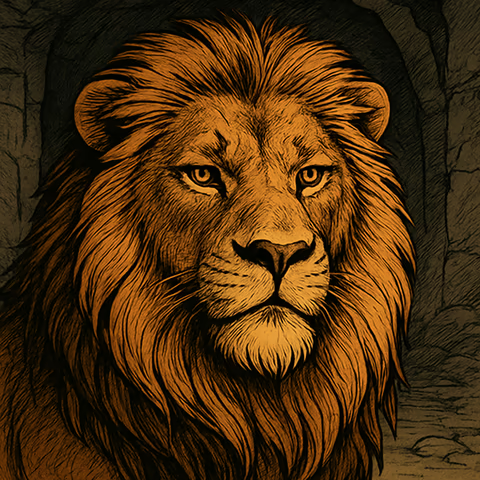 Introduction to
Introduction to
Differences in Daniel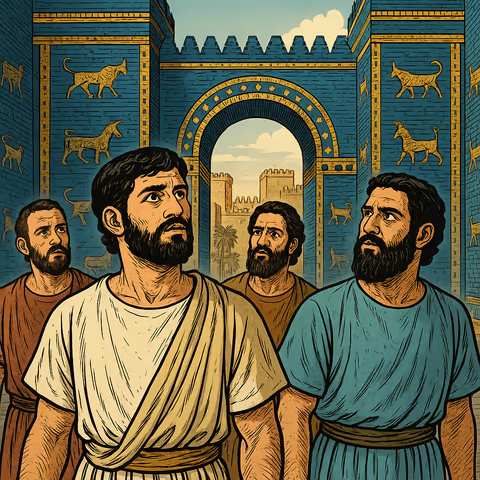 Differences
Differences
in Chapter One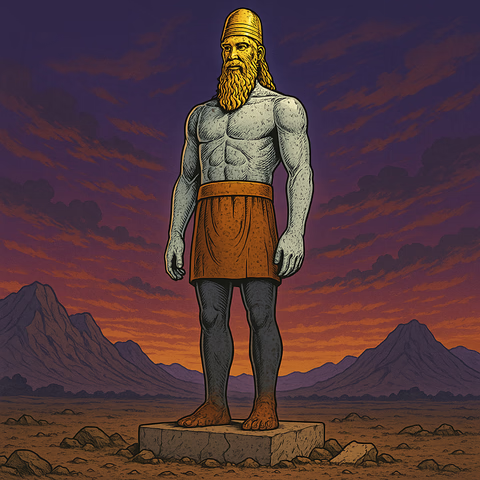 Differences
Differences
in Chapter Two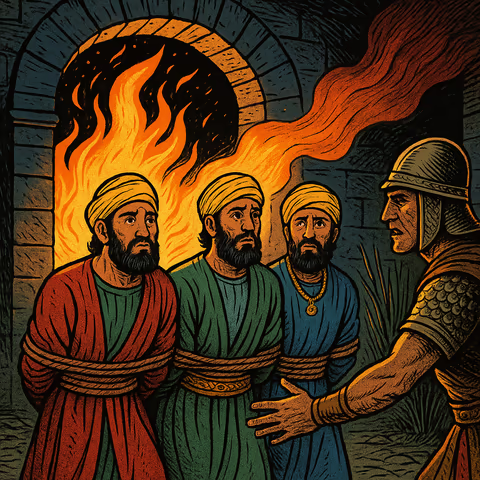 Differences in
Differences in
Chapter Three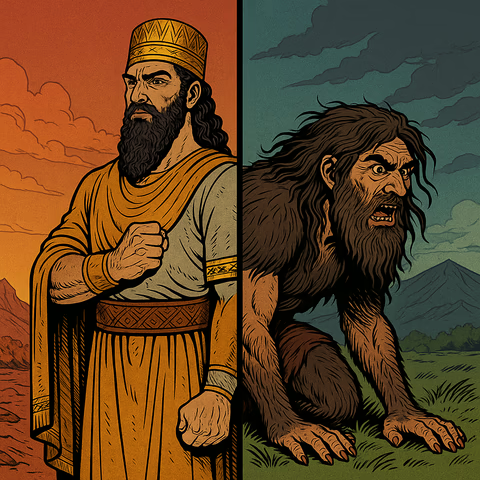 Differences
Differences
in Chapter Four Differences in Chapter Five
Differences in Chapter Five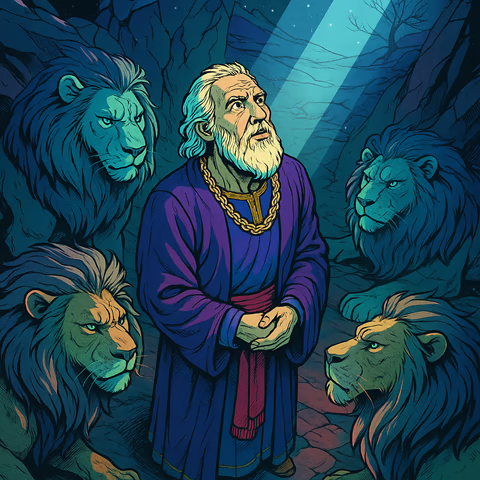 Differences
Differences
in Chapter Six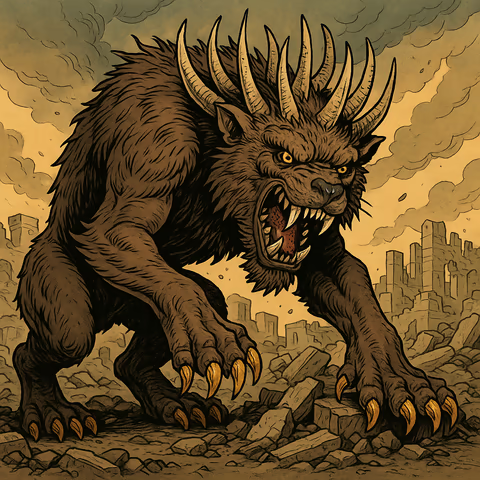 Differences in
Differences in
Chapter Seven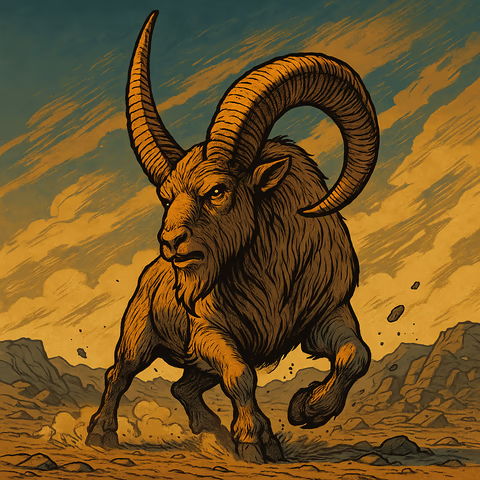 Differences in
Differences in
Chapter Eight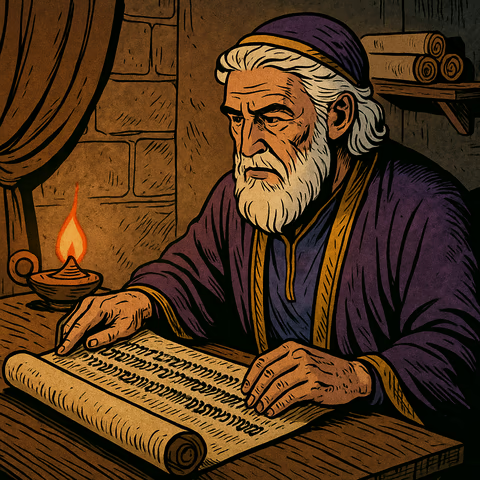 Differences
Differences
in Chapter Nine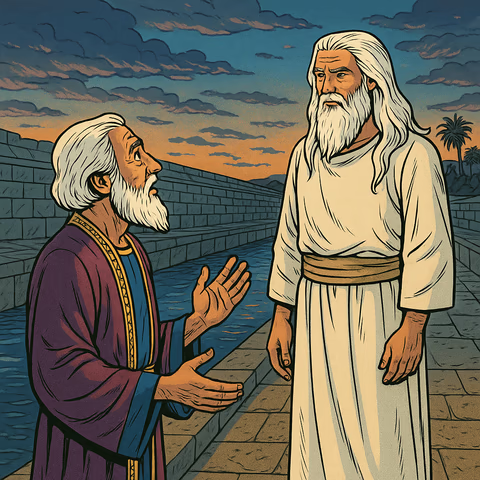 Differences
Differences
in Chapter Ten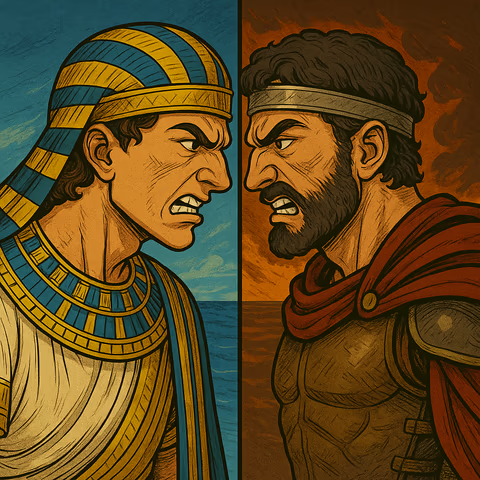 Differences in
Differences in
Chapter Eleven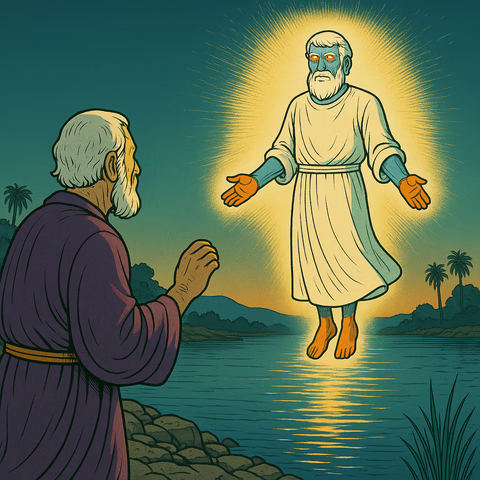 Differences in
Differences in
Chapter Twelve